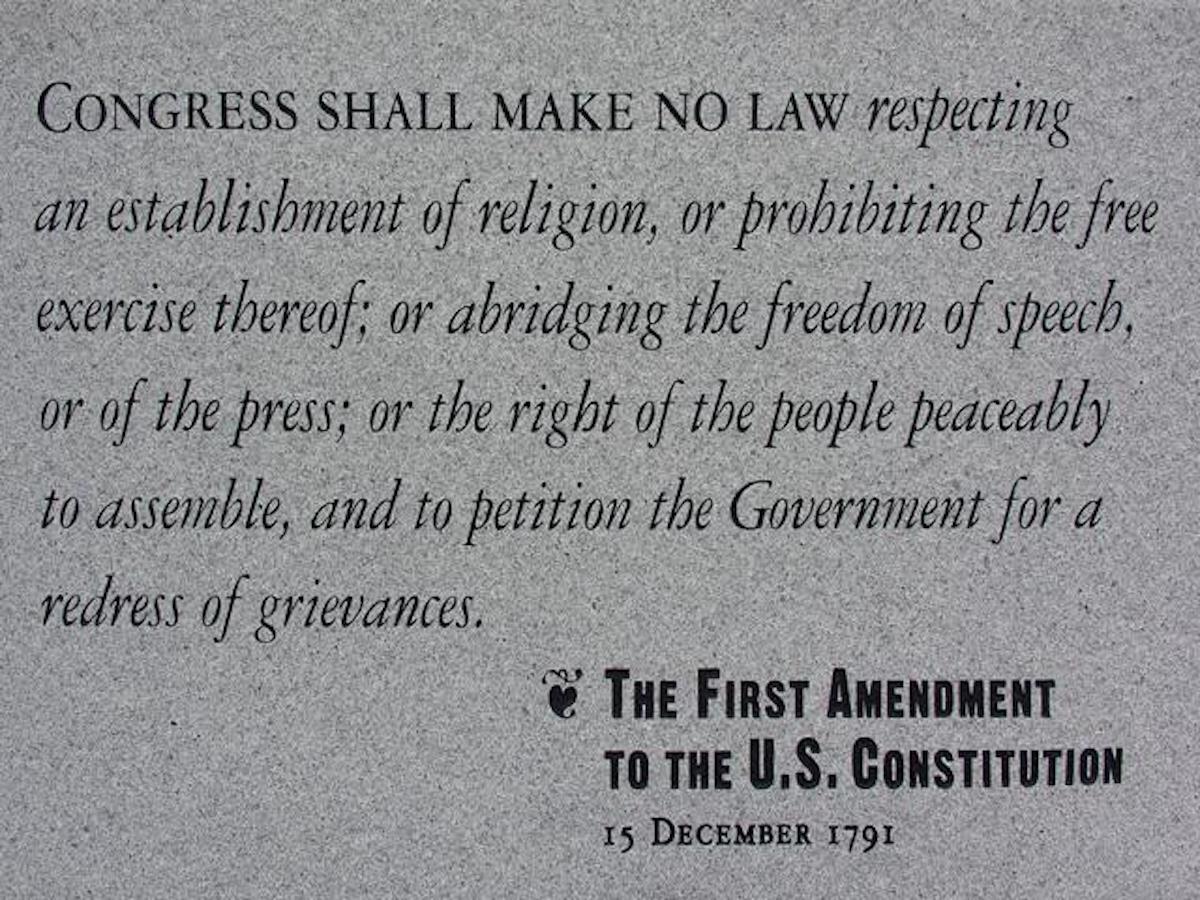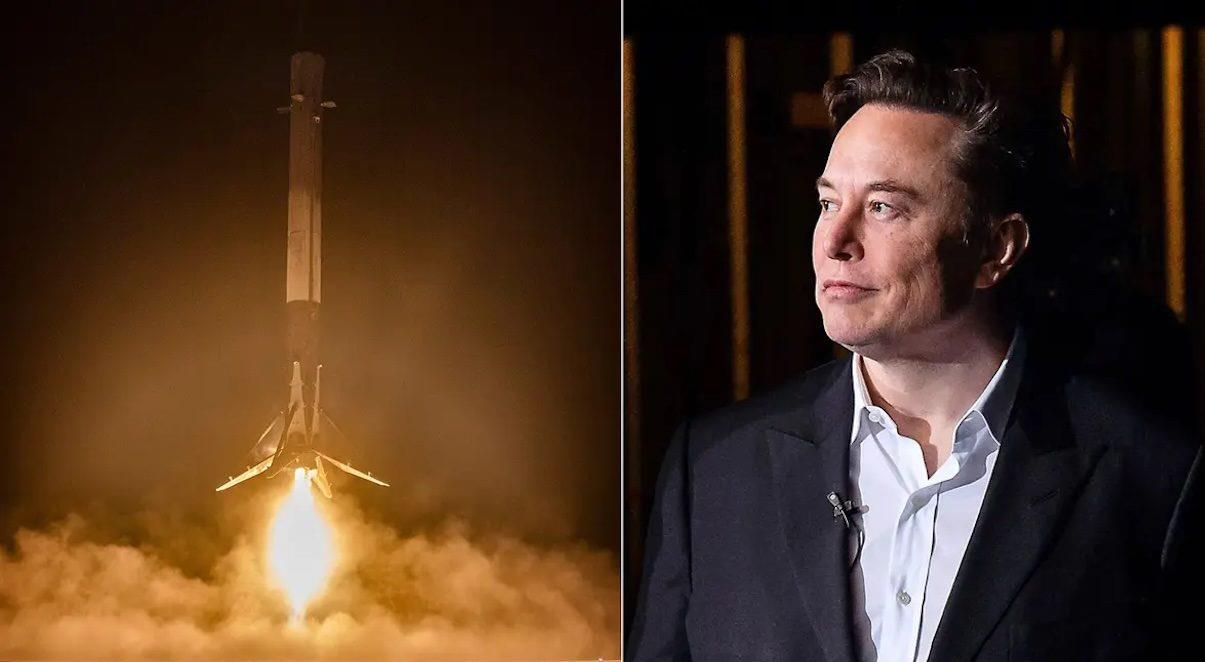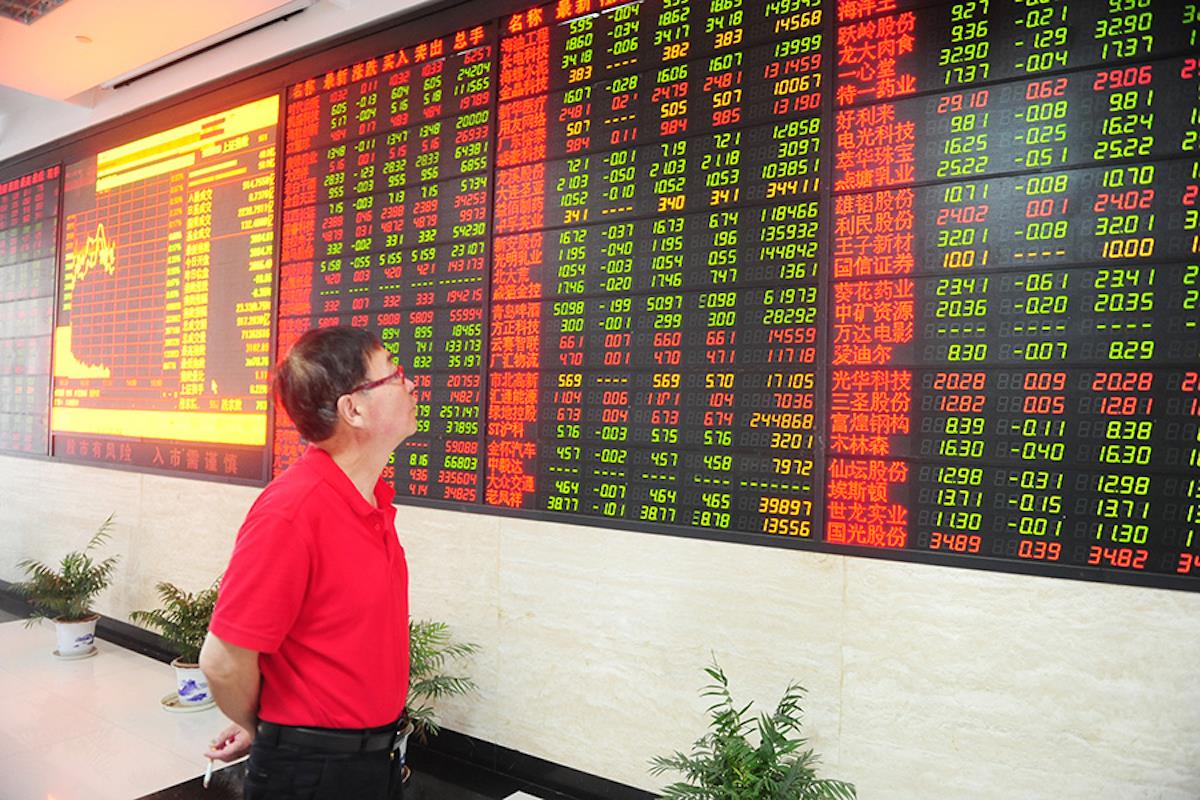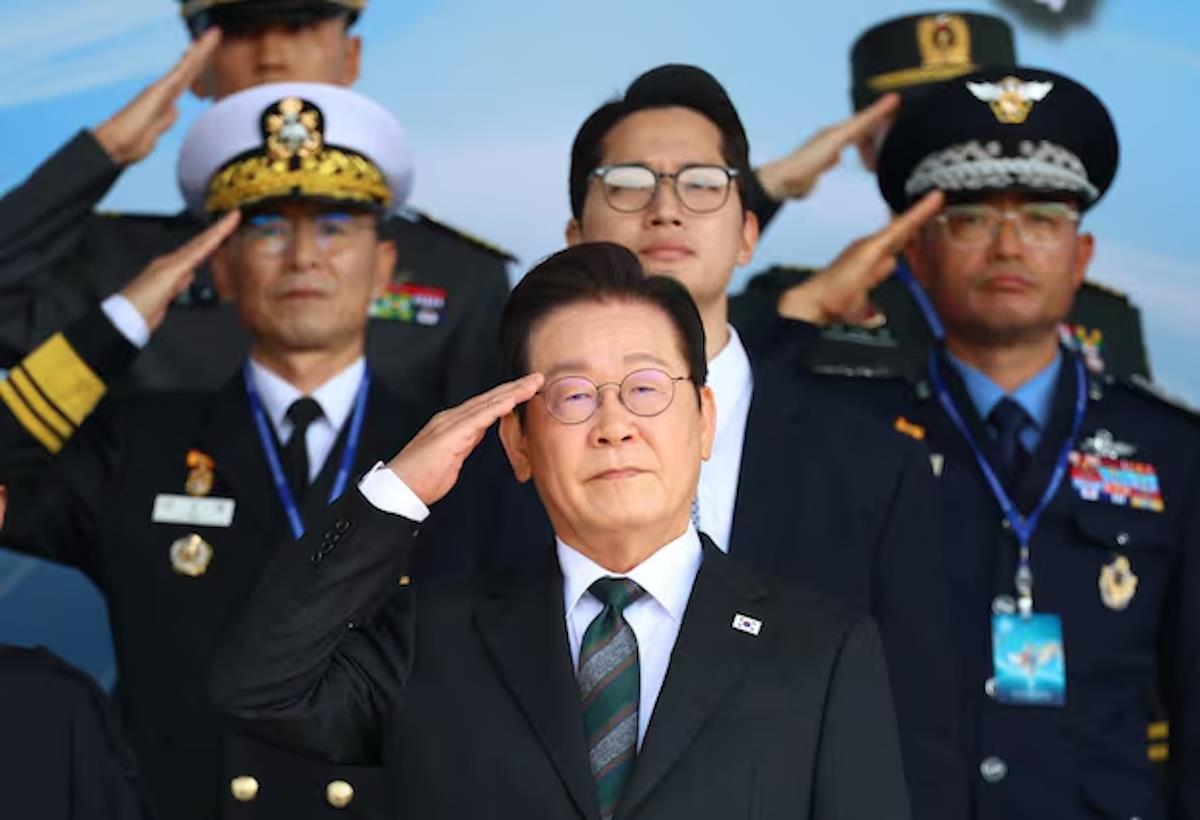
Seoul's Dangerous Gamble With Wartime Command
Lee cast OPCON transfer as the final act of restoring sovereignty and achieving genuine self-defense. But this is not a bold act of autonomy – it is a strategic risk that could hollow out deterrence and weaken South Korea's very security.
Lee and his supporters frame OPCON transfer as if Seoul were a vassal state of the US. But that narrative obscures critical nuance.
The myth of lost sovereigntyUnder existing arrangements, South Korea retains peacetime control of its military, while in wartime the Combined Forces Command (CFC) assumes operational control over both South Korean and US forces.
The CFC is structured as a binational command: the commander is a US general, the deputy a Korean, and staff positions alternate nationality.
A recent South Korean editorial warned,“The decision on OPCON transfer must be based on what will prevent war – not on abstract notions of pride or nationalism.”
Latest stories
There's a generation gap in Americans' support for free speech

Chinese invested directly in Musk's SpaceX, insider testifies

China's $3 trillion stock rally is outrunning its economy A signal of weakness to Pyongyang and Beijing
Reducing America's role in wartime command sends the wrong message. Neither Pyongyang nor Beijing will take it as confidence; both are far more likely to see it as a wedge in the allied front.
China, already viewing South Korea as a potential weak link in the US strategic chain, is working to bind Seoul economically.
On September 29, major outlets reported an“invasion of China money” as Korean government bonds, stocks, and real estate were snapped up indiscriminately. Beijing now holds more than twice as much South Korean government bond debt as Washington holds.
Such inflows deepen economic vulnerability and hand Beijing greater leverage – a reminder that strategic dependency is not only military but financial, as well.
Political leftism dressed as strategyLee's OPCON push reflects less military prudence than the imprint of his anti-US, pro-China agenda. In the past, he has called American troops in South Korea“occupiers” and declared that China should be free to do as it wishes with Taiwan.
His stance recycles a long-standing leftist narrative that portrays South Korea as dependent on Washington and casts the alliance as an obstacle to autonomy.
Yet the reality is dire: North Korea's nuclear and missile threats are escalating, China's military and economic footprint is expanding and regional strategic competition is intensifying.
To push for command transfer under such conditions is nationalist theater, not responsible statecraft.
History's warningIn January 1950, US Secretary of State Dean Acheson outlined America's Asian defense perimeter, pointedly excluding South Korea.
Pyongyang and Beijing read it as a green light, and within months Kim Il Sung invaded with Mao's approval and Stalin's backing.
The lesson is stark: Whenever allies appear excluded from Washington's security umbrella, adversaries see it as a license for aggression.
America's chaotic exit from Afghanistan showed how quickly adversaries exploit any perception of abandonment.
Island chain strategyIsland chain strategy. Map: ResearchGate
At the same time, international security experts stress the“first island chain” strategy to contain China.
For South Koreans, the danger is greater still – their country already lies inside that line.

Sign up for one of our free newsletters
-
The Daily Report
Start your day right with Asia Times' top stories
AT Weekly Report
A weekly roundup of Asia Times' most-read stories
This geographic reality makes Seoul's position especially precarious:
Loosening integration with Washington does not insulate Korea, it turns the nation into a frontline state without a shield.
Lee's OPCON ambition may resonate as a patriotic breakthrough. But sovereignty without security is illusory.
In a region defined by nuclear threats, revisionist powers, and asymmetric coercion, South Korea cannot afford to gamble on symbolic gestures.
Instead of weakening command unity, Seoul should deepen integration with Washington – preserving full deterrence and maintaining credible alliance cohesion.
Real sovereignty comes not from isolation, but from unity that no rival dares challenge.
Pursued recklessly, OPCON transfer trades sovereignty on paper for peril in reality.
Hanjin Lew is a political commentator specializing in East Asian affairs. Jio Lew contributed research for this article.
Sign up here to comment on Asia Times stories Or Sign in to an existing accoun
Thank you for registering!
An account was already registered with this email. Please check your inbox for an authentication link.
-
Click to share on X (Opens in new window)
X
Click to share on LinkedIn (Opens in new window)
LinkedIn
Click to share on Facebook (Opens in new window)
Facebook
Click to share on WhatsApp (Opens in new window)
WhatsApp
Click to share on Reddit (Opens in new window)
Reddit
Click to email a link to a friend (Opens in new window)
Email
Click to print (Opens in new window)
Print

Legal Disclaimer:
MENAFN provides the
information “as is” without warranty of any kind. We do not accept
any responsibility or liability for the accuracy, content, images,
videos, licenses, completeness, legality, or reliability of the information
contained in this article. If you have any complaints or copyright
issues related to this article, kindly contact the provider above.


















Comments
No comment